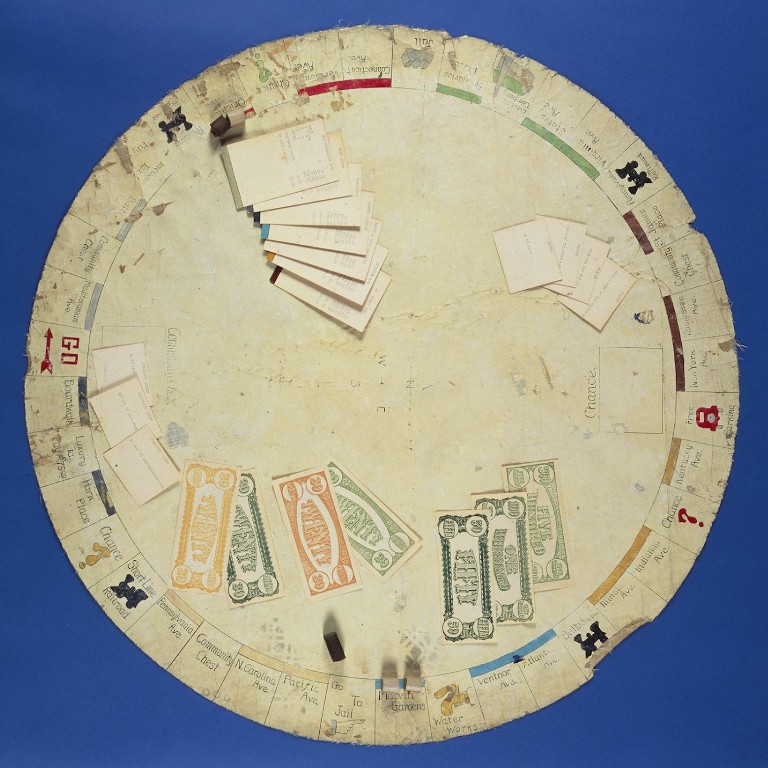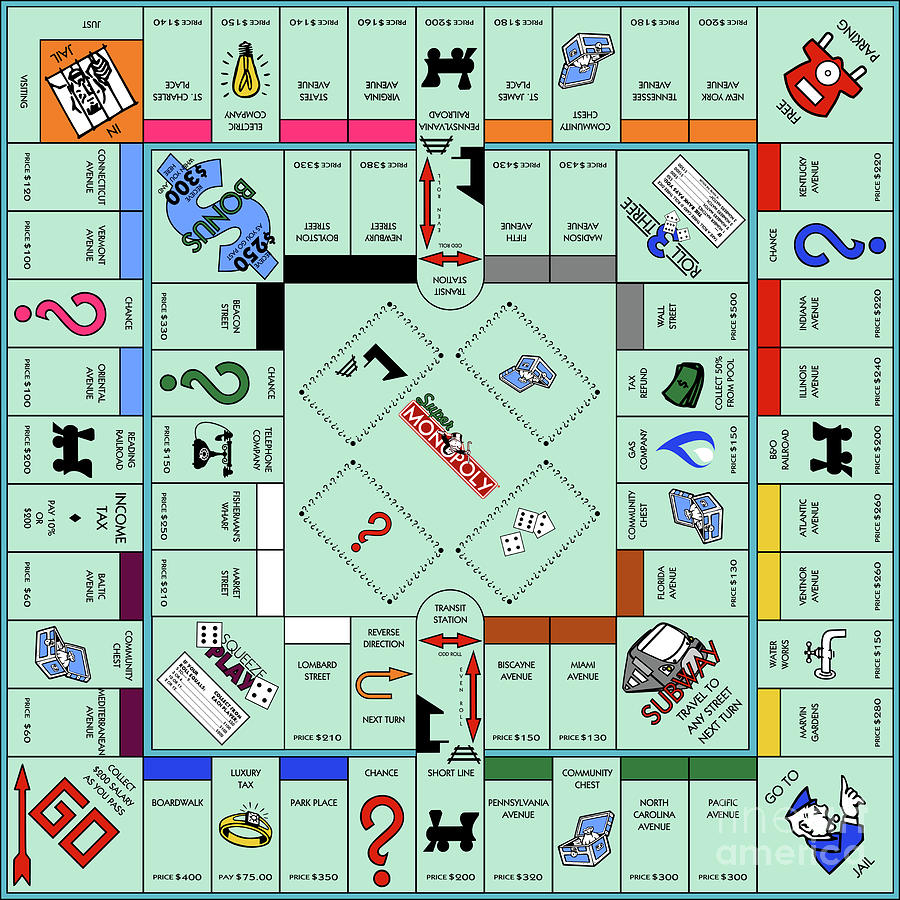
Elizabeth created an unusual design using her own money, but she later tried to sell it to Parker Brothers, to no avail. “The Landlord’s Game” was full of political jokes, satire, and numerous references to the current political situation in the United States at the time.


The latter forced opponents to survive and multiply their own wealth – this set of rules was created solely as a criticism of monopolies and was not intended to appeal to players. The former (main) rewarded all players during the game and allowed them to share in the victory. Interestingly, the originally educational The Landlord’s Game had two sets of rules: anti-monopoly and monopoly. Studying George’s work, Elizabeth paid particular attention to the idea: “Equal rights to all people for the use of land are as evident as the right to breathe, these are rights confirmed by the fact of our existence.” And she decided to reflect this idea in an understandable and entertaining form – in the form of a game. Magie believed that all of the problems in American society were the result of the greed of landowners and the lack of a unified land tax. The modern version of the game was inspired by The Landlord’s Game, which was created by American woman Elizabeth Magie in 1903, drawing on the ideas of political economist and journalist Henry George. The predecessor of Monopoly: a female perspective, political humor, and criticism of capitalism The famous box with the image of the round-faced mustachioed “monopolist” frequently appears in today’s most discussed films and series.


Official championships are regularly held for the game, and creative enthusiasts come up with new rules and thematic versions. First introduced for sale in 1935, Monopoly has been licensed in over 114 countries and translated into 47 languages as of 2022. In the United States, November 19th is celebrated as National Monopoly Day, a holiday dedicated to one of the most well-known and beloved board games.


 0 kommentar(er)
0 kommentar(er)
